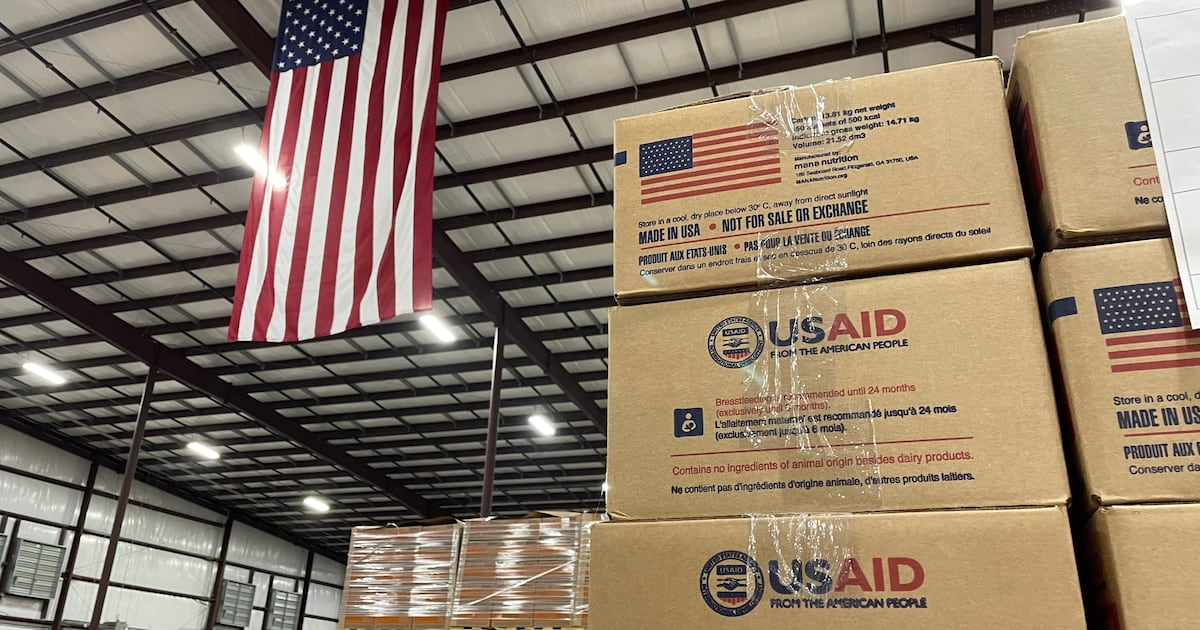
If Alan Greenspan's magical economic aura hadn't yet burst, it's now gone. Today's sad and grotesquely theatrical House Oversight Committee hearing at which ex-Fed chairman Greenspan testified, has confirmed that.
But it's not because of any of the absurd gotcha questions from electioneering Congressional representatives, the signs being waved around, or the single-cause allegations. ("It was Fannie! It was Freddie! It was the SEC! The ratings agencies!). Noisy, dumbed-down nonsense was sadly predictable with this financial crisis hearing scheduled just before a federal election.
The real issue is that Greenspan has driven home how badly he messed up in presiding over the creation of the largest credit bubble in U.S. history. He missed its causes, its expansion, and even possible fixes at every stage. Greenspan comes across as an adrift theoretician, an aficionado of models with no relevance to the real world. His comments on what is happening are strangely impersonal and dispassionate, like he is watching all of this happen from 20,000 feet overhead, not as someone complicit in what has happened.
In watching the carnage that he helped create, instead of sounding contrite, Greenspan acts more like a bystander at a slow-motion car-crash.
Consider, for example, this snippet of Greenspan's testimony today. He said, "Those of us who have looked to the self-interest of lending institutions to protect shareholder's equity (myself especially) are in a state of shocked disbelief.” In short, Greenspan is saying that banks’ obliviousness to the best interests of their shareholders is a puzzle.
He should read more history. Because over and over again we have had banking crises in this country; we’ve had more than a dozen in the last 170 years. Over and over again, bank shareholders have taken it on the chin as banks collapsed and had to be bailed out or let fail. The essential issue, as Greenspan should well know, is that banks, as constituted, are inherently highly fragile institutions. They are prone to precisely this sort of shareholder wealth-destroying failure. Banks are best thought of as giant pieces of financial porcelain.
To be fair, in today's testimony Greenspan rightly pointed out that the current bubble wouldn't have happened without mortgage syndication. After all, if we hadn't have been able to break up mortgages into myriad pieces and sell them around the world without a trace left on the originators' books, we wouldn't have been able to keep the bubble going as long as we did.
Good point. I just wish he would have told himself that back in March of 2000. That was when the same Greenspan, then the Fed chair, said in a speech that it was increasingly possible to "reallocate risk" via the "creation, valuation and exchange of…complex financial products on a global basis.” Syndication, in other words, was wonderful. In his gushing comments back then there was nothing about how to make sure that securitized loans didn't create massive agency problems, passing off risk to someone else who cared less, and, as we have since discovered, making it impossible to renegotiate atomized loans.
The crux of the current crisis is the housing bubble, the vertigo-inducing expansion in U.S. house prices from 1996 to 2006. To see and take action on the crisis you had to see that bubble as it inflated, and then do something about it. Here is Greenspan on the subject from earlier today, "The housing bubble became clear to me sometime early in 2006, in retrospect." In other words, Greenspan only noticed the bubble as it began imploding. He implicitly argues that it was unforeseeable. But there were endless stories in the major media and warnings from serious economists, all yammering about the consequences of loose lending standards and a more than doubling of house prices in many major U.S. markets. It wasn't a question of foreseeing anything, just one of noticing what was in front of him—even if it didn't match his models.
But even if Greenspan had seen a bubble, he had another confession to make. According to his comments today, "I did not forecast a significant decline because we have never had a significant decline in [house] prices." Sorry, no. The U.S. has had multiple housing price declines in its history, a number of which having been material. More importantly, however, it is staggering that Greenspan felt that what had happened in other countries—a housing bubble leading to subsequent collapse—couldn't happen here. The only surprise would have been that if it didn't.
As of today, the fall of Alan Greenspan is now complete. His testimony today reconfirmed something important:
Alan Greenspan is a smart man, an able economist and theoretician, and someone able to speak extemporaneously in fully-punctuated paragraphs, but he missed every opportunity to take action with respect to the great financial bubble. That is tragic and awful. In watching the carnage that he helped create, instead of sounding contrite, Greenspan acts more like a bystander at a slow-motion car-crash.





